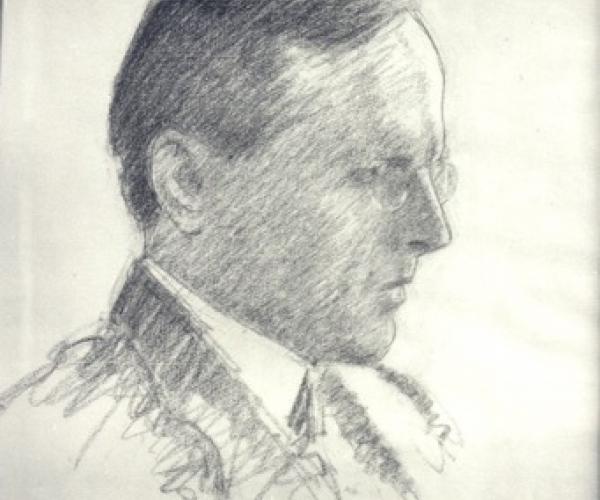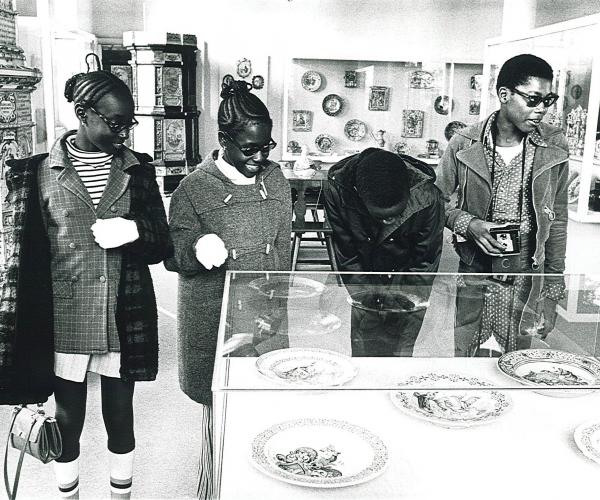The journey to Switzerland
Since the end of the Second World War, Switzerland has implemented a policy of welcoming foreigners involved in the arts and culture as well as journalists from abroad. Thanks to the initiatives of Pro Helvetia and other institutions, the journey has turned into an essential element of the ongoing dialogue between Switzerland and the world.
Foreign travellers have played an important role in developing the Swiss identity. Before the age of modern communication and the instantaneous transmission of information, travellers’ stories and reports were the only way to get to know another country. As most founding myths about Switzerland originated abroad, the impact of travelling on the country’s image and self-portrayal cannot be underestimated.
From the late 17th century onwards, the Confederation began to attract the interest of the European elite. The Alps and the mountain communities, as an opposite to urban civilisation, were regarded as the reflection of a lost golden age, places where the ideals of genuine equality and democracy were put into practice. Glorifying the political and social environment, foreign travellers’ accounts were instrumental in creating the myth of a paradise regained in the Swiss Alps. In the 19th century the idyllic perception of Switzerland persisted. The myth of William Tell, reinvented by Friedrich Schiller, became an effective symbol for the struggle for freedom and democracy.
Nowadays travellers’ reports have lost their monopoly of information as the only messages between Switzerland and the world. However, articles on Switzerland, films and radio broadcasts published by foreign media remain influential elements of the country’s image abroad. Furthermore, touristic promotion continues to cultivate the alpine myth created by travellers as early as the time of the enlightenment.
The use of the journey as a means for public relations after the Second World War led to the implementation of a systematic information policy by the Federal authorities. In the early 1950s, Pro Helvetia created its own foreign press news service, focussed on the cultural aspect of the invited journalists’ and other guests’ travels through Switzerland. By the 1970s, the journey to Switzerland was fully established as the country’s way of opening up to the world. Invitations to trips organised by Pro Helvetia and other institutions went out to countries as far away as China, Saudi Arabia, and Senegal.
The long tradition of the journey to Switzerland continues today as proven by Swiss cultural and information policy. Whereas Pro Helvetia puts emphasis on the dialogue between cultures by way of its cultural exchange and cooperation programmes, official institutions like “Presence Switzerland” and the Federal Department of Foreign Affairs use the journey to promote Switzerland’s image abroad.











